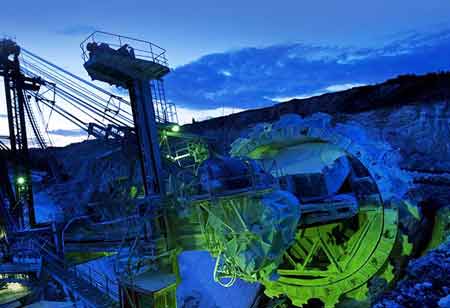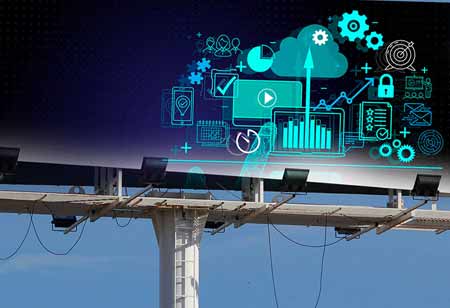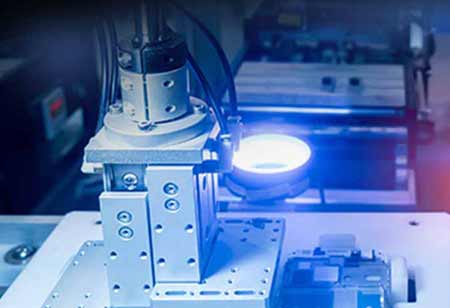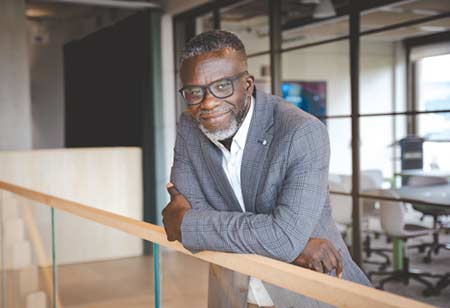THANK YOU FOR SUBSCRIBING

How Sensor Technology is Remaking Modern Manufacturing
Philippe Boisvert, Director, Hydrogen Energy Systems, Plug Power

 Philippe Boisvert, Director, Hydrogen Energy Systems, Plug Power
Philippe Boisvert, Director, Hydrogen Energy Systems, Plug Power Sensor technology is rapidly reshaping the way we do business, bringing an unprecedented level of strategic flexibility, technical sophistication, and analytic insight to every link of the global supply chain. This effect is most pronounced in the material handling, logistics, and manufacturing industries, where sensor technology is enabling companies to innovate novel approaches to business compliance, accounting, analytics, and strategy across all product categories.
Smart sensor technologies have become a cornerstone of industry 4.0, which is defined by the increasing prevalence of automation and data exchange in manufacturing processes. Let’s take a brief look at some of the areas where sensor technology is making a big impact on modern businesses:
Compliance. Sensors are helping companies enhance quality control, improve safety, and reduce waste in manufacturing. This is particularly true in categories like oil & gas, where conditions can be hazardous. For example, new sensor technologies are ushering in a wave of automated mobile robot (AMR) adoption, enabling companies to improve safety compliance by removing vulnerable vehicle operators from dangerous factory floors. The sensors that help these AMRs navigate their surroundings can also monitor waste and quality control, ensuring regulatory compliance. Combined with low-emission e-mobility solutions like hydrogen fuel cells, sensor-guided AMRs are poised to usher in an era in which factories are cleaner, greener, safer, and more efficient than ever before.
Accounting. A recent report by global advisory firm Ernst & Young highlights how sensor technology is helping companies streamline accounting functions and produce unprecedented cost savings and efficiencies. The report details four critical ways in which sensors have made this possible: They increase production flexibility and worker responsiveness by providing real-time information to factory management. Sensors also reduce equipment downtime through predictive maintenance. As mentioned above, they improve quality control and reduce waste. And most importantly, they allow for an improved understanding of cost structures, enabling optimized energy and materials consumption.
Analytics. Smart sensors can generate enormous treasure troves of data, and the most successful businesses of industry 4.0 are combining that data with advanced analytics to achieve significant productivity gains within the manufacturing process. Data analysis can allow manufacturers to detect inefficiencies in production and address those issues quickly.
Strategy. Ultimately, each of the ladders, as mentioned above, lead to the one area where sensor technology is undoubtedly making the biggest impact— business strategy. Sensors aren’t just enabling companies to improve upon their existing manufacturing processes; they’re also helping companies develop entirely new products, services, and overall business models. For example, sensor-guided AMRs can make it easier for companies to adjust manufacturing processes quickly and efficiently to create small batches of customized products.
We’ve seen firsthand how both forward-thinking enterprises and disruptive start-ups are harnessing sensor innovations to create new operating efficiencies, business models, and revenue sources. As these trends continue to progress, there is no doubt that companies who stubbornly adhere to legacy technologies and traditional ways of doing business will be at a significant risk of falling by the wayside
Read Also




















ON THE DECK